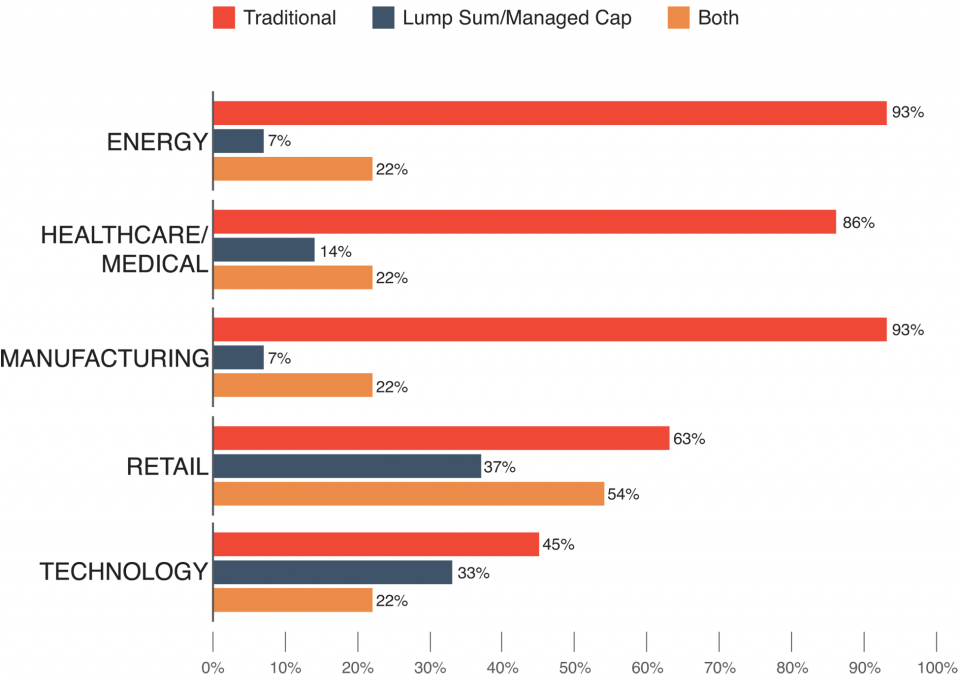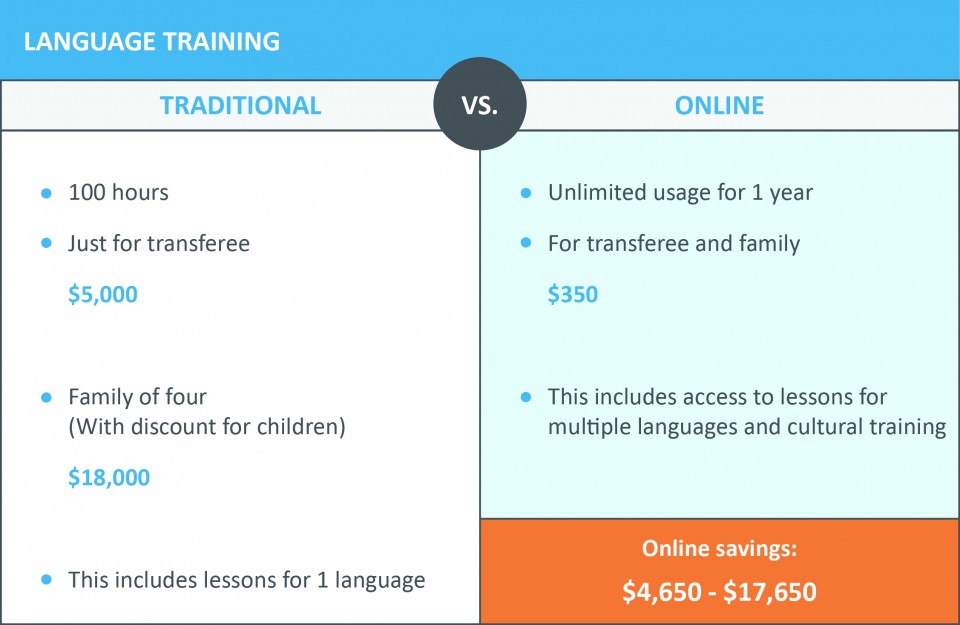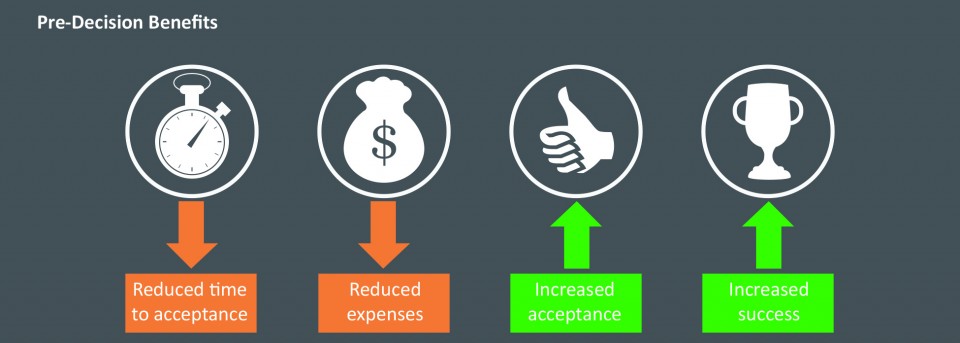Household Goods Moves and Your Relocation Management Company
Transferees and new hires often require household goods moves from their current location to their new location. Usually this move must adhere to a specific time schedule. It is in the employer’s best interest to ensure that the transferee has a positive and successful relocation experience. A qualified Relocation Management Company (RMC) can ensure that household goods moves are conducted professionally within specific timeframes, and provide service guarantees.
What might transferees and new hires experience by arranging their own household goods moves?
Transferees and new hires that arrange their own household goods moves face several challenges. They may need to set aside a significant amount of time to research qualified transportation options. Once they complete this research, they must obtain estimates for their move. While the Federal Motor Carrier Safety Administration has a number of excellent resources, tips, and guidelines to help people as they look into household goods moves, many employees have little time to spare doing the requisite amount of work to choose a reputable moving company. Additionally, while helpful checklists are useful to understand the basic processes, it may be challenging for an employee to fully understand and be able to compare the information and responses they receive from several moving companies. In some cases, employees may be inadvertently exposed to less than professional services by disreputable moving companies.
How can your RMC help with household goods moves?
Employers should work with a qualified RMC that can provide guidance and assistance for household goods moves. Transferees and new hires should be able to focus on their new position. Also, they should take care of their family and professional responsibilities. A qualified RMC should obtain multiple bids for household goods moves, to ensure best pricing. Also, RMCs should have programs in place to ensure they meet service levels and suppliers meet specific performance criteria.
Global Mobility Solutions’ team of global relocation experts, in a major corporate initiative led by Ann Knapp, Director of Transportation Services, created Curbside Manner™, which is the standard of quality that all GMS Transportation Partners are measured against. Curbside Manner™ requires transportation partners to always treat each customer with the utmost fairness and respect throughout their relocation process. Also, every member of the transportation team must treat each move with the highest level of professionalism, decorum, and service.
What should employers do?
Employers should ensure that transferees and new hires have access to a qualified RMC. The RMC can obtain multiple transportation estimates and arrange household goods moves. They can ensure the highest level of professional courtesy and performance. The RMC will manage household goods moves, so the employee can focus on their new responsibilities.
Conclusion
Global Mobility Solutions’ team of global relocation experts helps thousands of our clients with household goods moves for transferees and new hires. As a result, we can help your company understand how to utilize the full range of Pre-Decision Services, including moving cost estimates, to help ensure successful relocations. Learn best practices from Global Mobility Solutions, the relocation industry and technology experts who are dedicated to keeping you informed and connected. Contact our experts online or give us a call at 800.617.1904 or 480.922.0700 today.











